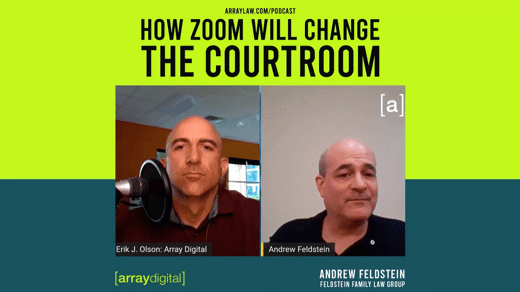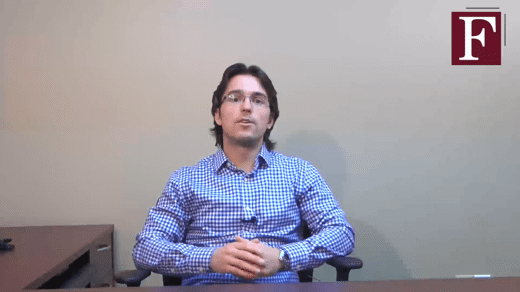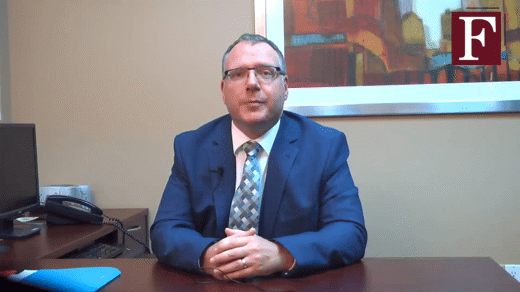Hello, my name is Shana Gordon-Katz and I am a lawyer with the Feldstein Family Law Group.
Today, I will be discussing Settlement Conferences with you.
Settlement Conferences
What is a Settlement Conference? Judges often describe the Settlement Conference as the half-way point in the whole court matter. Why is it the half-way point? Well, if you do not settle all of your issues at the Settlement Conference, your next steps will be scheduling and attending a Trial.
Just like a Case Conference, the Settlement Conference is a discussion between the parties, their lawyers and a judge about the issues in a Court Application. However, it differs from a Case Conference in that the Court presumes that the parties and their counsel have engaged in meaningful discussions about settling all of the issues in the matter, but for whatever reason have not been able to settle.
Why do we have a Settlement Conference? The purpose of this Court date is to assist the parties reach a settlement before the matter proceeds to a trial. Specifically,this court date serves as an opportunity to discuss your theory of the case with a judge, backed up with relevant facts as outlined in your Settlement Conference Brief, and get that judge’s opinion on how she or he would decide your issues at a Trial.
What is discussed at a Settlement Conference? The Settlement Conference provides parties with an opportunity to engage in meaningful settlement discussions with the assistance of the Court. As such, both parties are given an opportunity to present their theory of the case to the Court and then engage in discussions that will promote settlement of the outstanding issues.
So, what should you do to prepare? If you require additional evidence or disclosure from your former spouse, make sure that you have requested this information. If your former spouse is not agreeable to providing you with it, then make sure you ask for this disclosure at the Settlement Conference, as this may be the last opportunity you have to ask for it.
Further, once you have received all of your disclosure, you and your lawyer must thoroughly review it so that you are able to properly engage in meaningful settlement discussions, prior to proceeding the Settlement Conference. The first question you will most likely be asked by the judge is what efforts you have made to settle? So have an intelligent answer!
Just like in a Case Conference, the judge will need to know the issues, your theory on those issues, and the facts you are relying on, and this is done by completing a Settlement Conference Brief. Like a Case Conference Brief, it is basically a “fill in the blanks” document. It can be a daunting task though, as you need to provide the court with a detailed judicial history of the file, answer some legal questions, and spell out your offer to settle or settlement proposal. You should take the Brief very seriously, as the judge will use it as a guide to form her or his recommendation for settlement of your court matter. You should attach any other relevant documents that may assist the judge in gaining a better understanding of your case to the brief.
If your matter does not settle at the Settlement Conference, then the judge will move your matter along to a Trial Management Conference, but that is a different topic for a different day.
Thank you for watching today. If you need more information and wish to schedule a free initial in-office consultation, please visit our website at www.separation.ca or contact our office at 905-581-7222.



